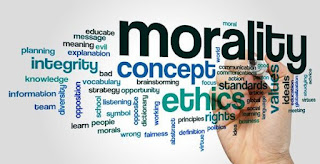Sloan, A. T., Jones, N. A., et al. (2023).
PNAS, 120 (39) e2306732120
Abstract
How do human beings make sense of their relation to the world and realize their ability to effect change? Applying modern concepts and methods of coordination dynamics, we demonstrate that patterns of movement and coordination in 3 to 4-mo-olds may be used to identify states and behavioral phenotypes of emergent agency. By means of a complete coordinative analysis of baby and mobile motion and their interaction, we show that the emergence of agency can take the form of a punctuated self-organizing process, with meaning found both in movement and stillness.
Significance
Revamping one of the earliest paradigms for the investigation of infant learning, and moving beyond reinforcement accounts, we show that the emergence of agency in infants can take the form of a bifurcation or phase transition in a dynamical system that spans the baby, the brain, and the environment. Individual infants navigate functional coupling with the world in different ways, suggesting that behavioral phenotypes of agentive discovery exist—and dynamics provides a means to identify them. This phenotyping method may be useful for identifying babies at risk.
Here is my take:
Importantly, researchers found that the emergence of agency can take the form of a punctuated self-organizing process, with meaning found both in movement and stillness.
The findings of this study suggest that infants are not simply passive observers of the world around them, but rather active participants in their own learning and development. The researchers believe that their work could have implications for the early identification of infants at risk for developmental delays.
Here are some of the key takeaways from the study:
- Infants learn to make sense of their relation to the world through their movement and interaction with their environment.
- The emergence of agency is a punctuated, self-organizing process that occurs in both movement and stillness.
- Individual infants navigate functional coupling with the world in different ways, suggesting that behavioral phenotypes of agentive discovery exist.
- Dynamics provides a means to identify behavioral phenotypes of agentive discovery, which may be useful for identifying babies at risk.
- This study is a significant contribution to our understanding of how infants learn and develop. It provides new insights into the role of movement and stillness in the emergence of agency and consciousness. The findings of this study have the potential to improve our ability to identify and support infants at risk for developmental delays.






